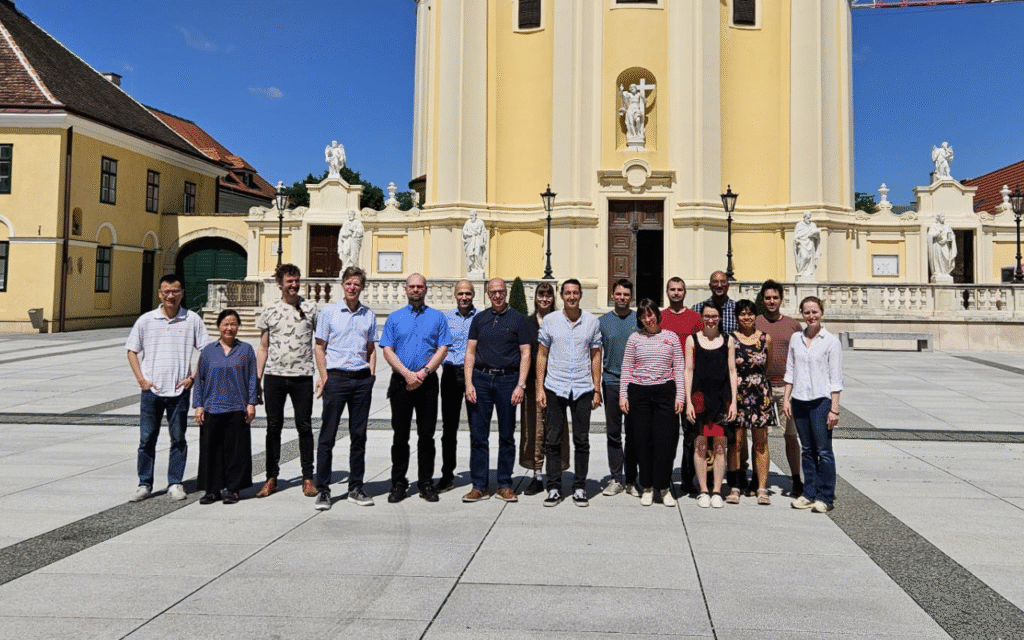Last December 15, the Centre for the Research and Technology of Agro-Environmental and Biological Sciences (CITAB) and Quercus ANCN organized the webinar “Integrated landscape management: a participatory approach” to present the results of the ALICE Project’s case study in the Paiva River basin, Portugal.
The online event, supported by the Interreg Atlantic Area funding program, gathered the analysis, learnings and solutions from several stakeholders who had taken part in the Portuguese case study, such as companies in the tourism sector, public bodies and NGOs.
Ferdinando Villa, Ikerbasque Professor at the Basque Centre for Climate Change (BC3) and ARIES Lead Investigator, was part of the line-up of speakers together with Edna Cabecinha, Professor at the University of Trás-os-Montes e Alto Douro (UTAD).
While Professor Cabencinha highlighted the importance of the participatory approach towards addressing the main environmental and resource management problems in the region, Professor Villa showcased the key role that artificial intelligence (AI) technologies had proven to have towards facilitating the access and analysis of the distribution and availability of ecosystem services and thus supporting the sustainable management of territories.
Watch Ferdinando Villa’s intervention in the video below and learn more about the potential of ARIES.





